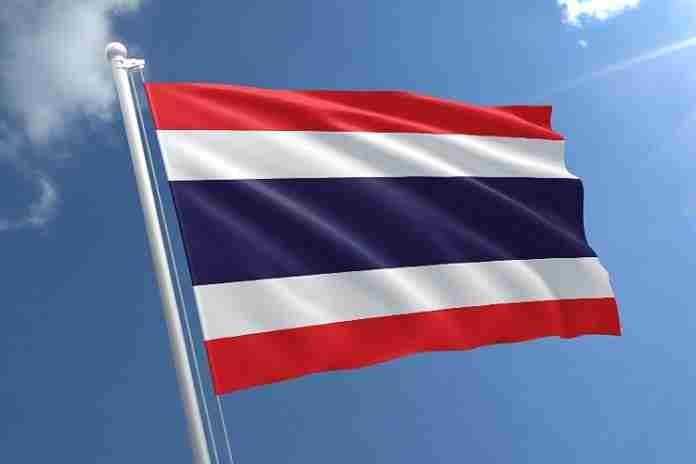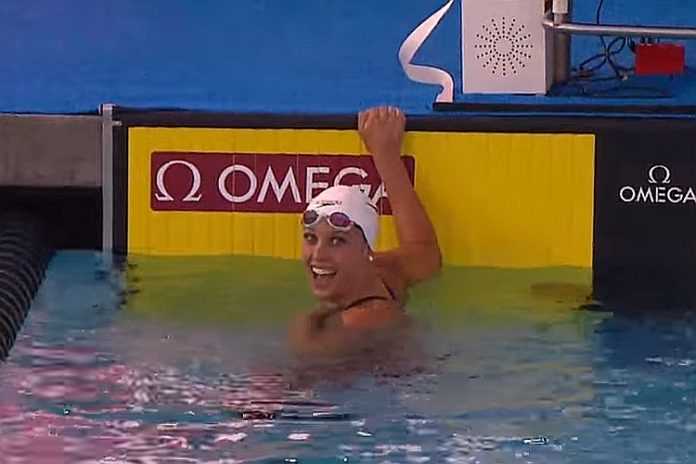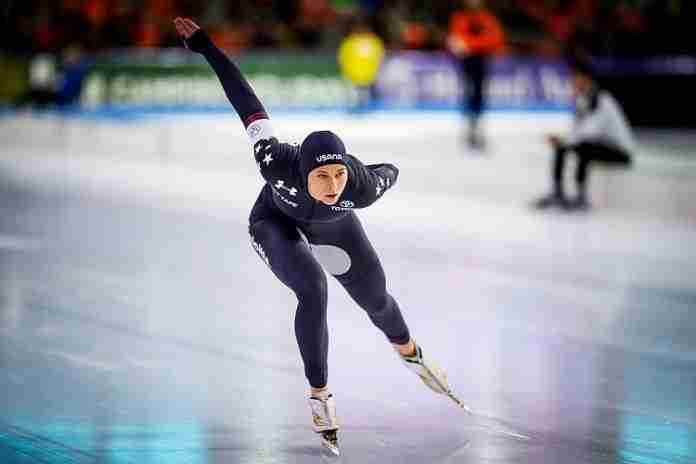Weightlifting has become a favored sport in Thailand, especially after the 2016 Olympic Games, in which Thais won four medals, including golds in the women’s 48 kg for Sopita Tanasan and 58 kg, by Sukanya Srisurat.
But the Thai weightlifting program was also shamed earlier this year with seven separate announcements of doping positives between 22 January and 12 February, including both Tanasan and Srisurat, and 2018 World 45 kg Champion Thunya Sukcharoen. An eighth doping positive for Thailand was announced on 23 December 2018.
This put the Thailand federation in position for a major sanction; awkwardly, the 2019 IWF World Championships are scheduled to be held on 16-25 September in Pattaya (THA).
The decision came down this past week, and was noted in the IWF summary of its Executive Committee meeting in Las Vegas, Nevada held this past week:
“With respect to Thailand’s multiple AAF’s and their potential consequences that seriously damage the integrity of the sport, Thai Amateur Weightlifting Association (TAWA) undertakes not to participate at any IWF events, including the Qualification Events and the 2020 Tokyo Olympic Games. The IWF Executive Board acknowledged TAWA’s undertaking.
“TAWA still continues to fulfil its obligation and will deliver the organisation of the 2019 IWF World Championships despite the fact that no Thai athletes will be entitled to participate.”
It’s a remarkable turn of events for the Thais, but spares the IWF from formally suspending Thailand – which will undoubtedly do eventually – in advance of the Worlds being held there late this year.
Weightlifting continues to teeter on the edge of acceptance by the International Olympic Committee for the Paris 2024 Games and the IOC Executive Board is expected to consider these developments at its meeting later this month.
The IWF has publicly announced 12 positives already in 2019: seven from Thailand, two from Vietnam, and one each from Ecuador, Moldova and Indonesia. That’s quite a bit, although way down from the torrent of doping reports from prior years and from the IOC’s re-testing of samples from the 2008 and 2012 Olympic Games.


























